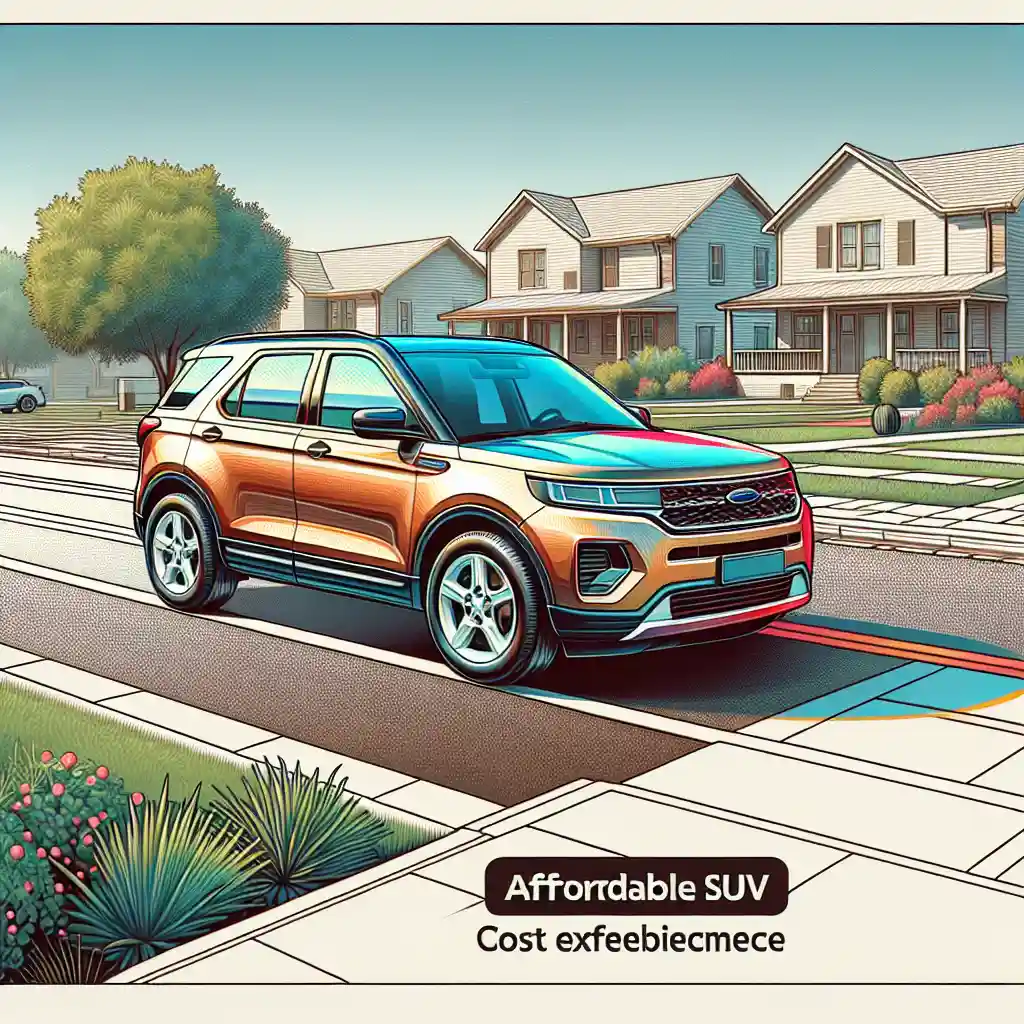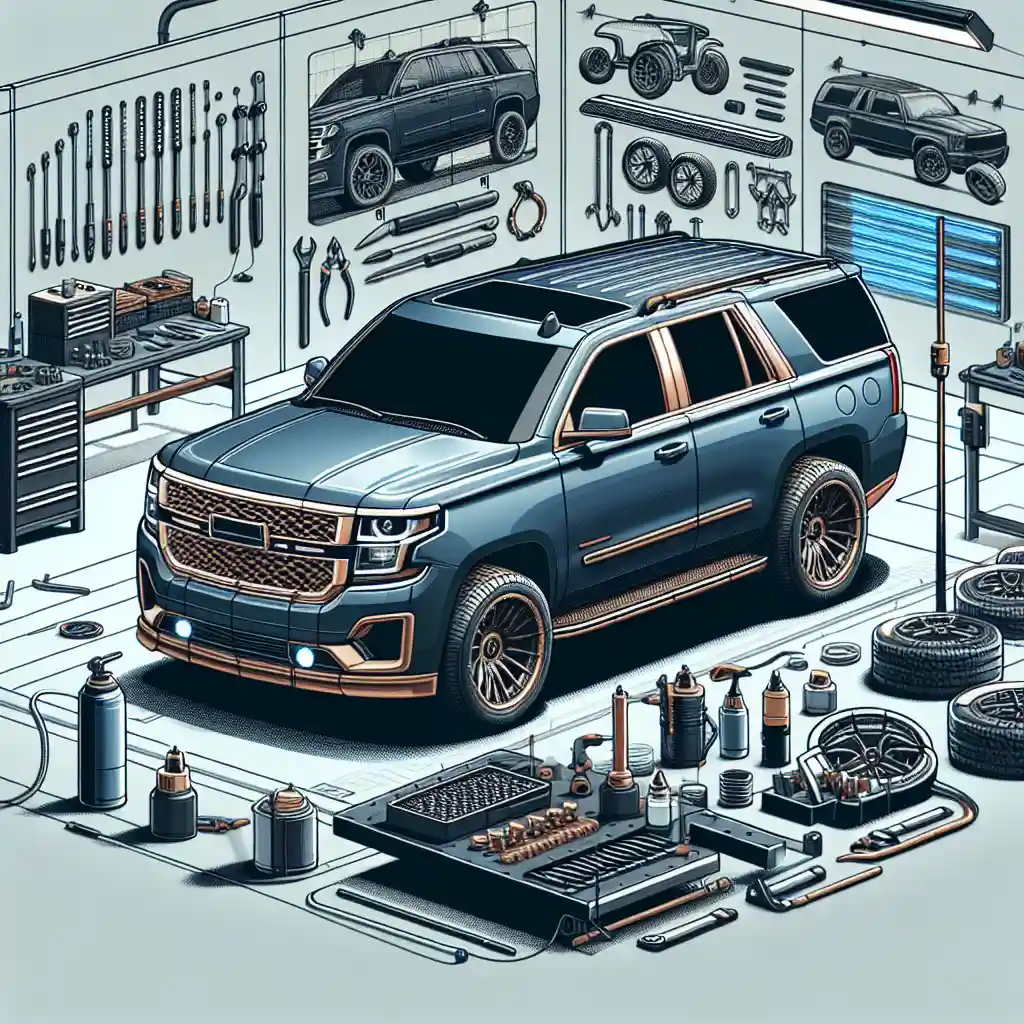Budget-Friendly SUVs: Balancing Cost and Features
When it comes to choosing a budget-friendly SUV, it's essential to find the right balance between cost and features. Meeting your financial needs while still getting the features you desire can be a challenging task. In this blog post, we will explore how you can navigate this dilemma and find the perfect SUV that fits your budget without sacrificing essential features.

Considering Your Financial Needs
Before diving into the world of SUVs, it's crucial to take a close look at your financial situation. Assessing your budgetary constraints will help you narrow down your options and focus on vehicles that align with your financial needs. Setting a clear budget will guide your purchasing decision and prevent you from overspending on features that may not be essential.
Identifying Must-Have Features
Every buyer has unique preferences when it comes to features in an SUV. Some prioritize safety features, while others look for advanced technology or spacious interiors. Identifying the must-have features that are non-negotiable for you will streamline the selection process and help you prioritize where to allocate your budget. Consider what features will enhance your driving experience and improve your overall satisfaction with the vehicle.
Exploring Affordable Models
In today's market, there are plenty of budget-friendly SUV options that offer a good balance of cost and features. Researching different makes and models will give you a better understanding of what each vehicle has to offer in terms of features and pricing. Look for deals, discounts, and incentives that can help you save money without compromising on the features you desire. Consider both new and used options to find the best value for your budget.
Efficient Fuel Economy
Fuel efficiency is a crucial factor to consider when choosing a budget-friendly SUV. Opting for a vehicle with excellent fuel economy can save you money in the long run by reducing your overall fuel expenses. Look for SUVs that offer hybrid or electric options, as they tend to be more fuel-efficient and environmentally friendly. Prioritizing fuel economy in your decision-making process can help you strike a balance between cost and long-term savings.
Evaluating Long-Term Costs
In addition to the initial purchase price, it's essential to consider the long-term costs associated with owning an SUV. Factors such as insurance premiums, maintenance expenses, and resale value can significantly impact your overall budget. Choose a vehicle with a reputation for reliability and low maintenance costs to ensure that you're making a sound financial investment. Thinking about the long-term financial implications of your purchase will help you make a more informed decision.
Customizing Your SUV
One way to balance cost and features in your SUV purchase is to consider customization options. Many manufacturers offer add-on features and packages that allow you to personalize your vehicle to suit your preferences. While customizing your SUV may involve additional costs, it can help you create a vehicle that meets your specific needs without breaking the bank. Prioritize customization options that enhance the overall value of your SUV and align with your budgetary constraints.
By carefully considering your financial needs, prioritizing must-have features, exploring affordable models, and evaluating long-term costs, you can find a budget-friendly SUV that offers the perfect balance of cost and features. Making a well-informed decision based on your individual preferences and budgetary constraints will ensure that you enjoy your SUV for years to come.













